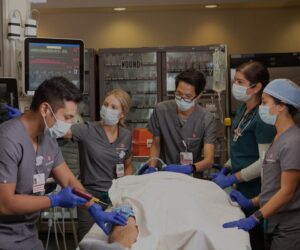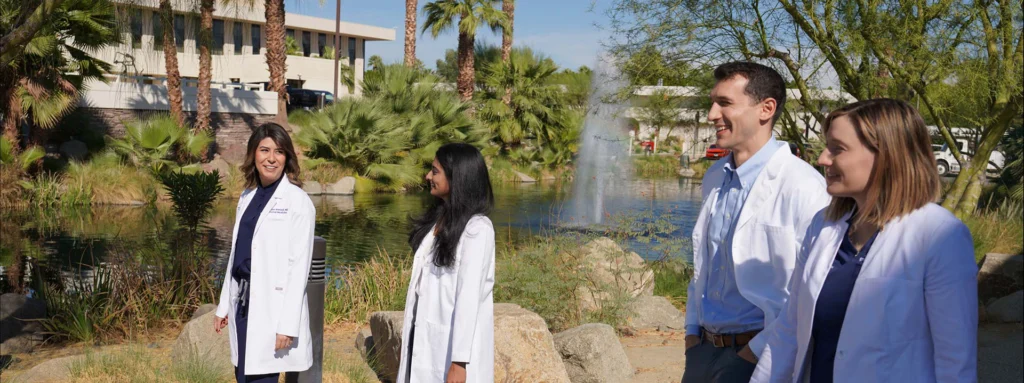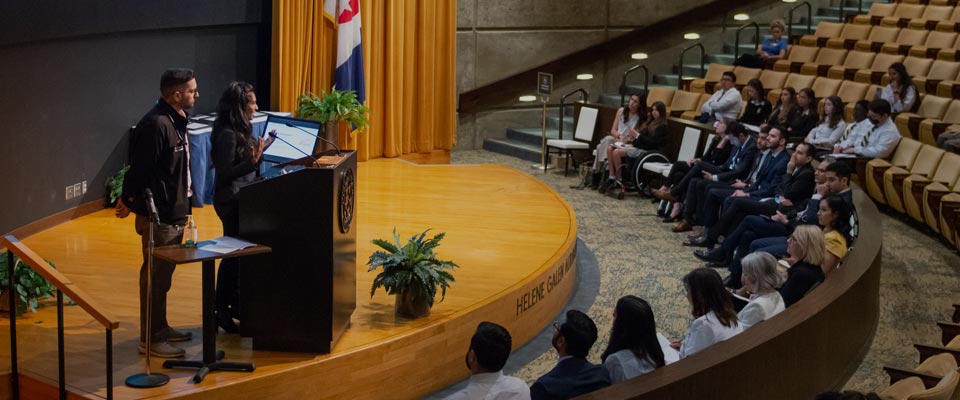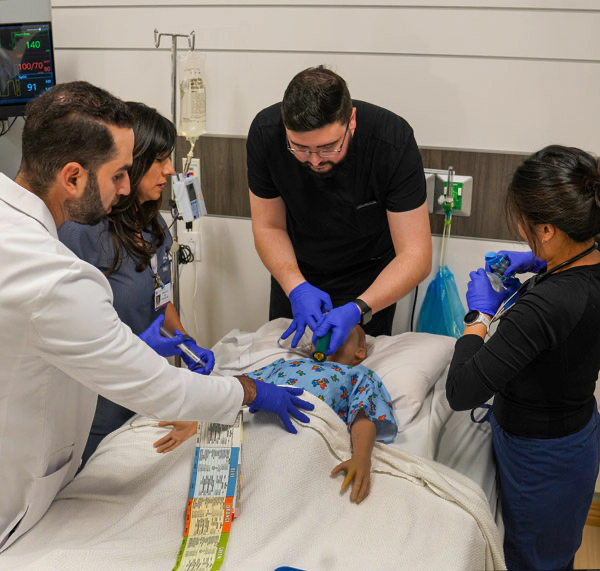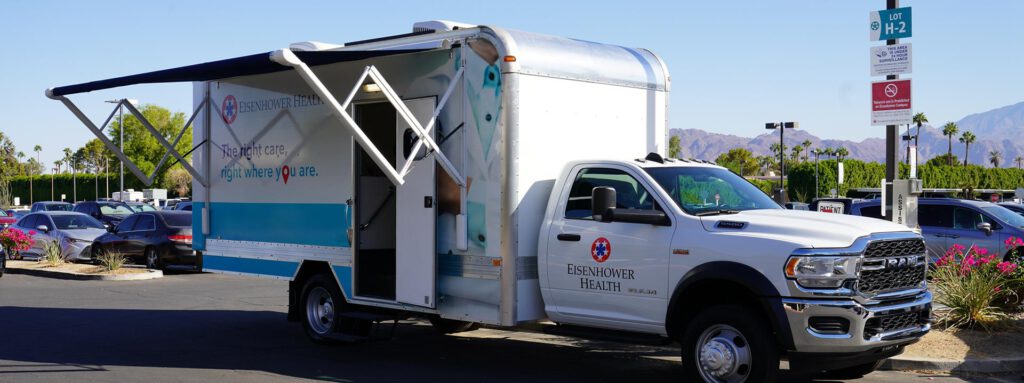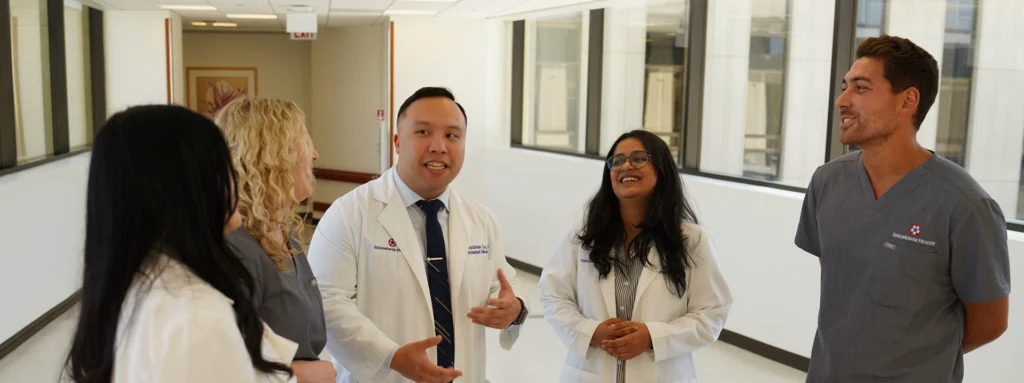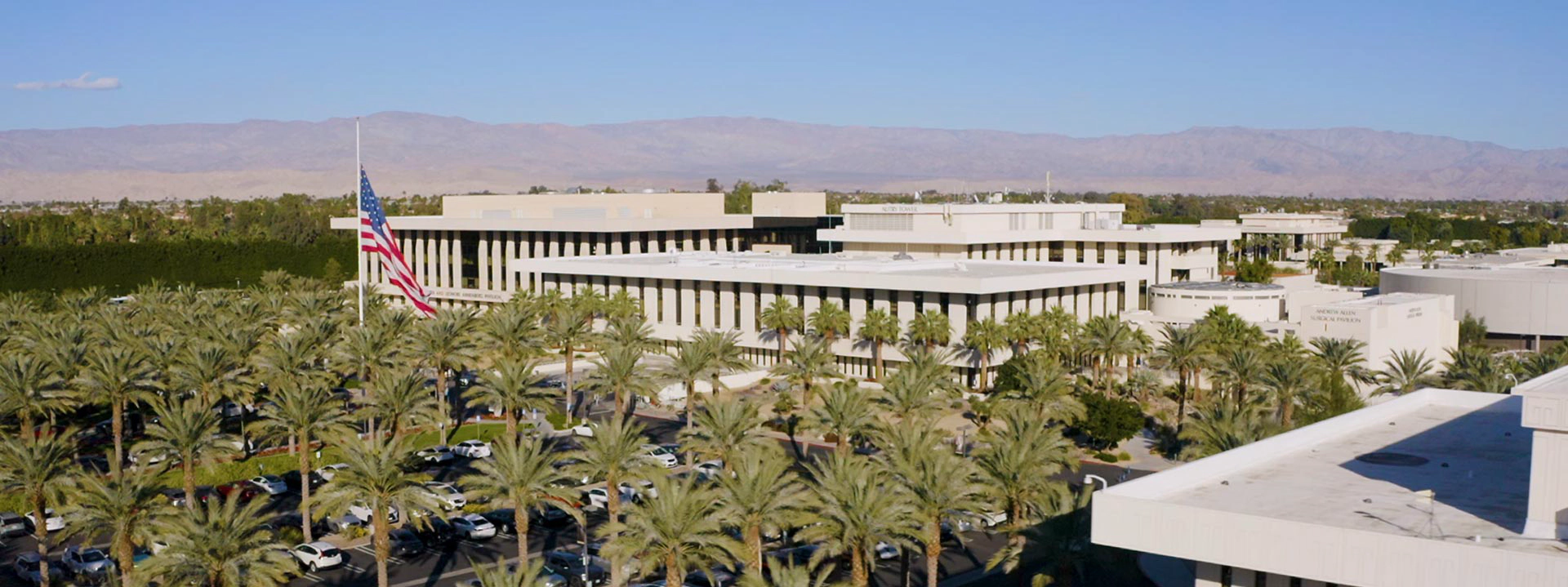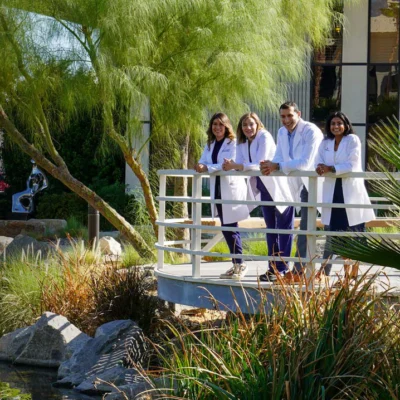Curriculum
Curriculum
The fellows are required to complete the Training to Teach in Medicine at Harvard Medical School with full logistic support from our institution.
The fellows are required to create a year-long curriculum that to be delivered in didactic, clinical and simulated environment settings.
Example of curriculum themes:
- Geriatric patient care
- Substance abuse and pain management
- Pediatric patient care
- Disparities in health
- Faculty development
- Medicolegal in EM
Didactic Teaching:
The fellows will be responsible for one didactic hour/month and are encouraged to use various teaching techniques as their delivery methods. The fellowship directors will provide guidance and approve each didactic session to ensure that the fellows have a full understanding of teaching concepts and successful implementation.
The fellows will also develop assessment plans for their didactic sessions. They will utilize various learning management systems and other teaching resources. Their assessment plans will be deployed using the LMS of their choices.
Clinical Teaching:
An ample resource in bedside teaching in emergency medicine will be provided to the fellows in the beginning of the academic year. Fellows will choose ten bedside teaching techniques that they will be using throughout the fellowship year and develop brief online instructions of each technique to be delivered to our faculty each month. The fellows will log their bedside teaching encounters to demonstrate their ability to apply these methods effectively.
Because we aim for our fellows to be succinct in bedside teaching with no cost to their clinical productivity, the clinical teaching time will be incorporated in their clinical ED shifts and no dedicated teaching shifts are assigned. The fellows will receive feedback about their bedside teaching skills from the learners and their clinical productivities from our medical director.
Simulated Environment Teaching:
We consider simulation as one of effective teaching techniques. The simulation has been a part of almost every residency and medical student curriculum. Our fellow will have opportunities to teach in the simulated environment. We do not expect our fellows to have the same expertise as the fellows who completed their simulation fellowships but they should be able to curate simulation cases and successfully implement them in both enriched and limited simulation resources.
Administrative in Education
The fellow will learn about residency funding models, financial compensation plans that support residency leadership roles and core faculty members in various practice setting ie. private groups, university-affiliated and university-based institutions. In addition, the fellow will work directly with our 30-year experienced medical director. The experience will be a combination of observation and participating in crisis communication, cross-cultural management and elevated interpersonal communication through “daily walk with the medical director”.
